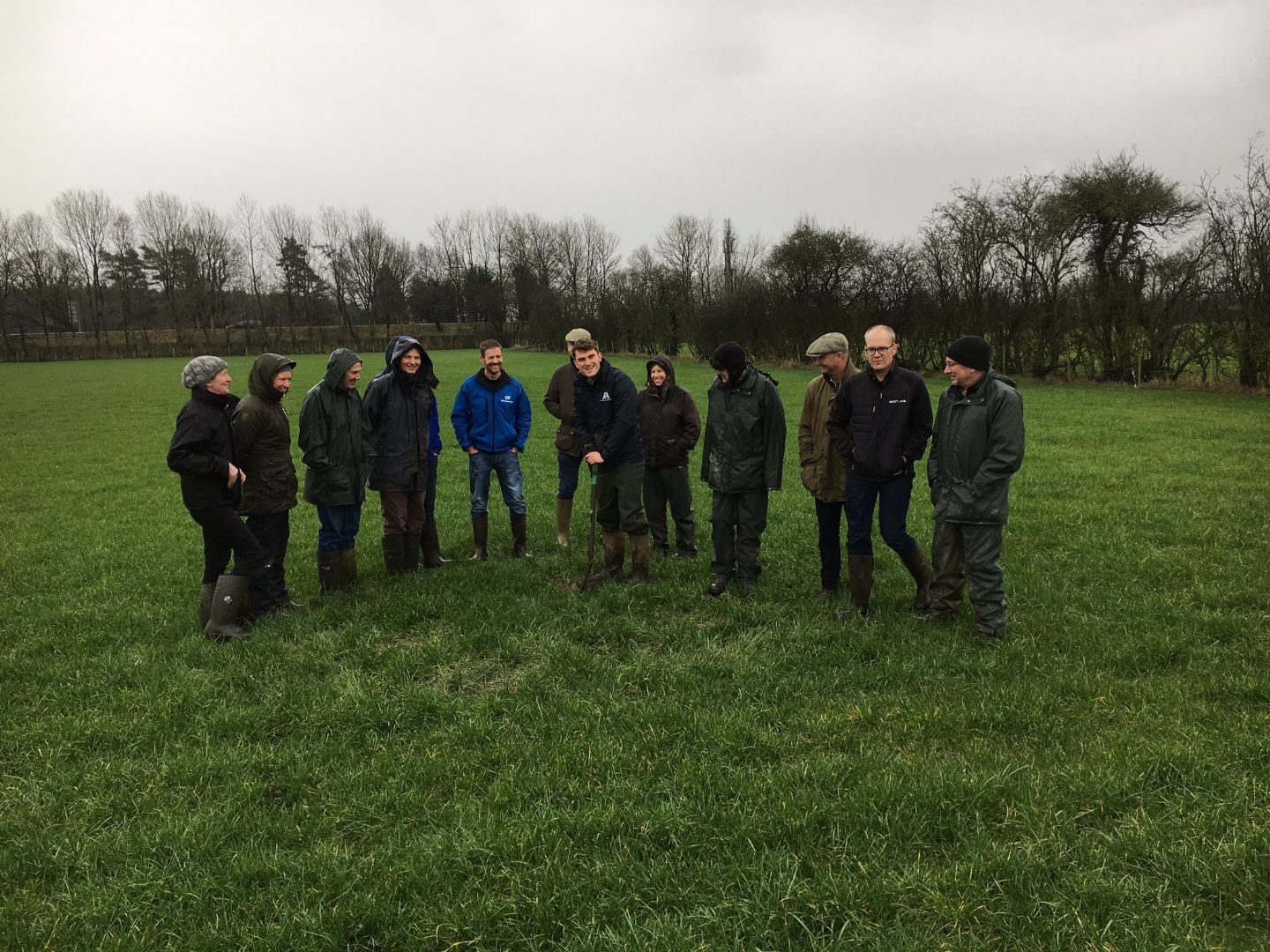
Prior to the Covid-19 lockdown, the IfA soil and water team had a busy couple of months out and about across England.
We have been working closely with Catchment Sensitive Farming on a series of events for farmers focusing on ‘Improving Soil Resilience’. We were able to run 4 events in Hampshire, Buckinghamshire, Dorset and Leicestershire so far this year which were all free to attend for farmers within the specific catchment.
The events focused on methodologies for building the soil’s resilience to extreme weather events, like the wet spring we have witnessed this year, and on other issues that are challenging for crop establishment, like compaction from machinery.
The main issue we specifically focused on was the importance of improving the levels of organic carbon within the soil. This has multiple agronomic and environmental benefits as it helps to improve soil structure, nutrient holding capacity, infiltration rate and water holding capacity, which all combine to reduce soil erosion and losses of nutrients from farmland.
We also talked about the importance of creating a soil management plan for evaluating the performance of agricultural soils and monitoring the changes in properties over a given timeframe. This is very important for the industry as we all try to improve the productivity and carbon sequestration potential for our farmland in the future, which will be crucial both in the future for food security and the fight against the climate crisis.
We recommended during these talks that farmers utilize some of the on-farm soil testing methodologies that are currently available online. For example, VESS scoring, the slake test and worm population assessment to name but a few, which can all be informative methods of assessing your soils on the farm, and not to mention the most important part, FREE! For a complete list of some of these on farm soil tests and to use our interactive Soil Management Decision Support Tool, please head to the Soils section on our website.
Joe
joec@i4agri.org




